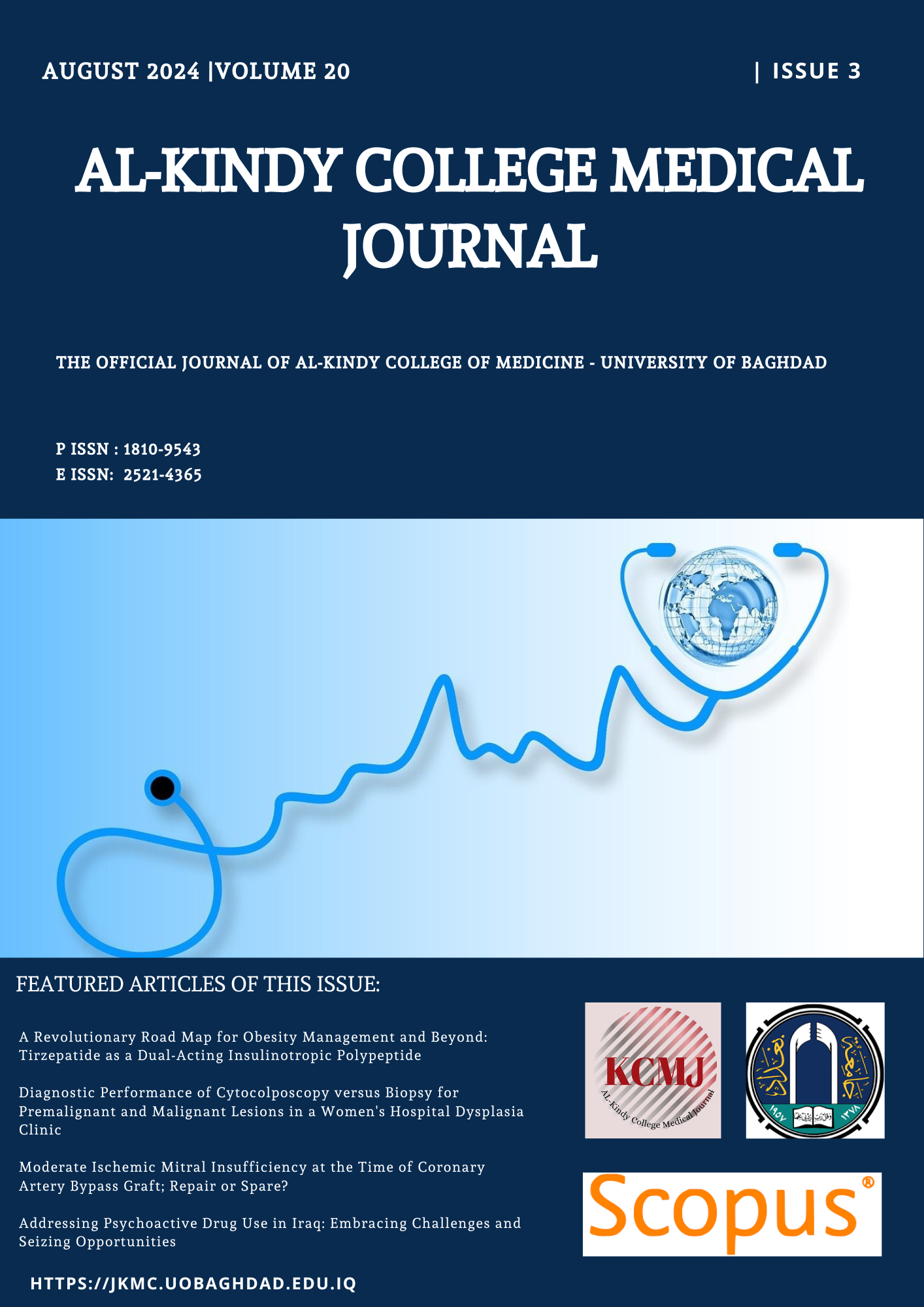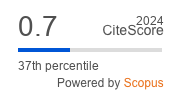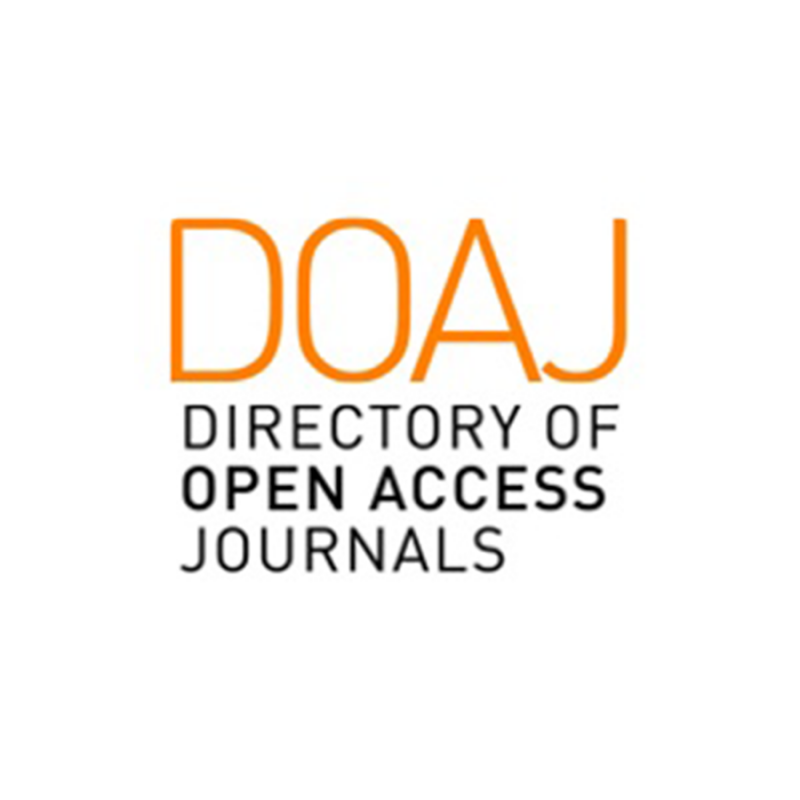Expression of the Hopeful Therapeutic Target CD15 in Women with Breast Cancer
DOI:
https://doi.org/10.47723/fkqvx332Keywords:
CD15, Invasive Mammary Carcinoma , Target TherapyAbstract
Background: CD15 is emerging as a recent prognostic marker with potential as a future therapeutic target in human malignancies. Its biological role in human cancer involves facilitating tumor cell adhesion through interaction with E-, L-, and P-selectins. This interaction allows adhesion to endothelial cells, enhancing metastatic potential.
Objective: to study CD15 expression and its relationship to some pathologic parameters to provide the first Iraqi data-driven analysis of this growing concept in women with breast cancer. Subjects and Methods: A retrospective study was carried out utilizing tissue samples obtained from 85 patients with invasive breast cancer. Materials included one formalin-fixed paraffin-embedded tissue block, one hematoxylin and eosin-stained histological section, and two immunohistochemical-stained ER and HER2/NEU sections for each patient. The samples were obtained through core needle biopsy under ultrasound guidance. Data review and immunohistochemical staining with CD15 were conducted, followed by statistical analysis using the chi-square test to explore correlations.
Results: CD15 expression was observed in 55% of breast cancer samples. There was a highly significant statistical relationship between CD15 expression and the presence of axillary lymph node metastasis (proven by fine needle aspiration cytology). However, there was no significant statistical relationship between CD15 expression and the histological grade, ER receptor, HER2-NEU status, and tissue calcification.
Conclusion: CD15 expression was detected in breast cancer cells, with a highly significant association observed between CD15 expression and axillary lymph node metastasis at presentation. CD15 could serve as a prognostic marker as association with axillary lymph nodes reflects negative impact on prognosis and at the same time a promising therapeutic target for patients with breast cancer as blockage of CD15 antigen’s function will result in reduction of the metastatic potential and it could be an immunotherapeutic target.
Downloads
Published
Issue
Section
License
Copyright (c) 2024 AL-Kindy College Medical Journal

This work is licensed under a Creative Commons Attribution 4.0 International License.














